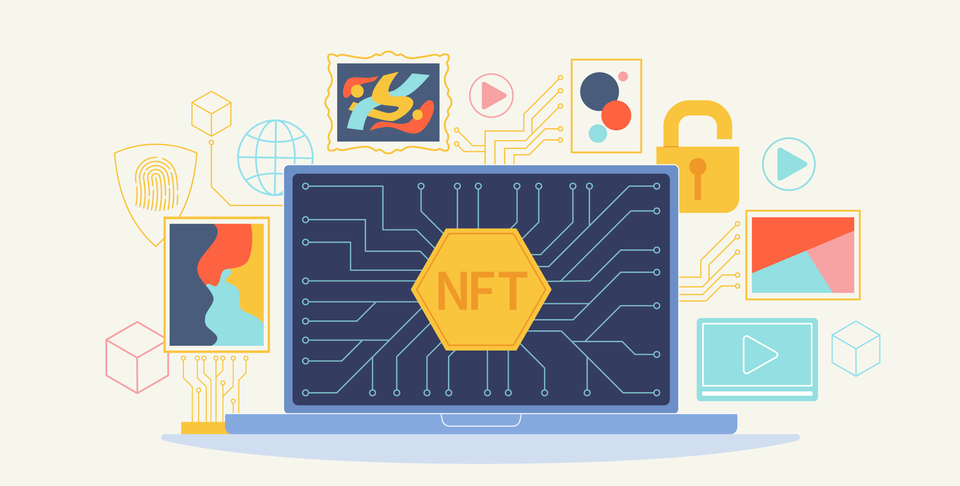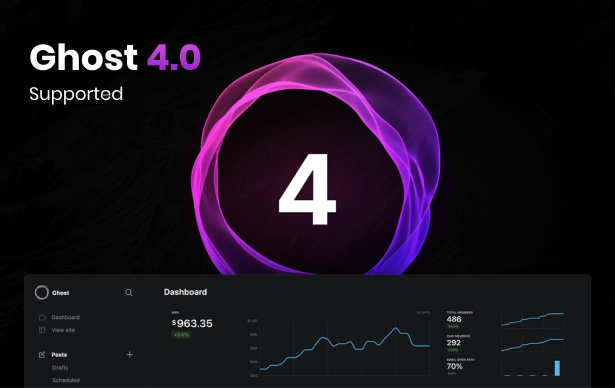
The following is a guest post by Kevin Fink, the Senior Recovery agent at DomainTheft.org. Kevin has been working hard since we launched working with domain owners every single day and successfully recovering names for businesses small and large!

Ok, here’s a little secret of mine, one of my many professional fantasies is to work for the FBI or the CIA. I’m a pretty stellar detective; I read people well and usually know when there’s dirt to uncover. When Morgan asked me to be a Domain Recovery Agent for DomainTheft.org, I jumped at the chance. As the world’s first verifiable domain recovery resource, I realize how valuable an asset this is to the domaining community, and I am honored to be involved.
So what exactly is the role of a Domain Recovery agent?
I am essentially the liaison between each client (original domain owner), and the alleged thief. As I would soon come to learn, a “thief” can take on many different identities…
The first step in the recovery process is verifying claims that are routed through DomainTheft.org’s contact form. The WhoIs information only provides so much information: any changes to the DNS, nameservers, drops or IP addresses. But it is merely a first step in uncovering clues. Verification concludes upon receiving identification from the original owner, as well as proof of purchase or renewal of the domain in question.
Once our client is verified as the original owner, we then reach out to the alleged thief to attempt to verify the theft. This is more of a formality, as it’s fairly obvious no thief would write us back to admit their crime, unless perhaps they felt they acquired it above-board. We send out five messages to the alleged thief, and if no response is received, we list the domain as “STOLEN” in the Domain Theft database. Clients can opt to privatize this publication but most are happy for the exposure, even if closing the case extends past our jurisdiction.
The first swath of reports were difficult to confirm. Requesting pertinent and sensitive information to verify identity of the owner usually yields one of two things: an enthusiastic response, with all necessary documents for proof of ownership – and usually a viable story describing the theft – or…silence.
I did hear from one individual who was very uneasy about sending us proof of ownership, because he feared identity theft on top of his already crippling domain theft. This is of course understood. While domains have been around almost 20 years, domain theft is not a mainstream thing. It should be noted that we are working on future partnerships with various law enforcement agencies – so hopefully, between the lot of us, we can curb domain theft even further.
But just as in the case of rising identity theft and other digital hijinks, there are some disturbing trends as to the kind of domain theft I have been made aware of. There are most definitely recurring themes. The most benign, and surprising, among them: the failure of domain owners in realizing that their name must be renewed annually. The name drops, disappears from their account, usually to be picked-up on the aftermarket or by a squatter, only to be held for an exorbitant ransom.
The first batch of cases mostly dealt with those simply not understanding the process. I would ask for proof of renewal to ensure I was dealing with the rightful owner, and I either wouldn’t hear back at all, or would get a message back synonymous to a hand-slap to their forehead. This trend really drives home the notion that domain ownership is still a fairly new and misunderstood concept for many people.
We’ve had other clients who have simply had their email accounts hacked – which would be a disaster of epic proportions for most of us tech savvy individuals. In this instance, their password was changed before they could alter the logins at their registrar; all domains were lost.
In a benign case of what amounts more to domain “loss,” take, for example, my own experience as a project manager. In my outside work, for one of the clients I am developing a site for, I have assumed control of his hosting info, to setup and modify the site. This is upon his request, as he is less-facile with web stuff and prefers me to be in charge. But…what if something happened to me, or if I just disappeared? My client would have a difficult time getting his account back in his hands.
So there you have it! A look-into what it’s like being a Domain Recovery Agent, in part two of my post I’ll cover some of the thefts we have seen and of course the best part of it all, the domains safely returned to their rightful owners.



